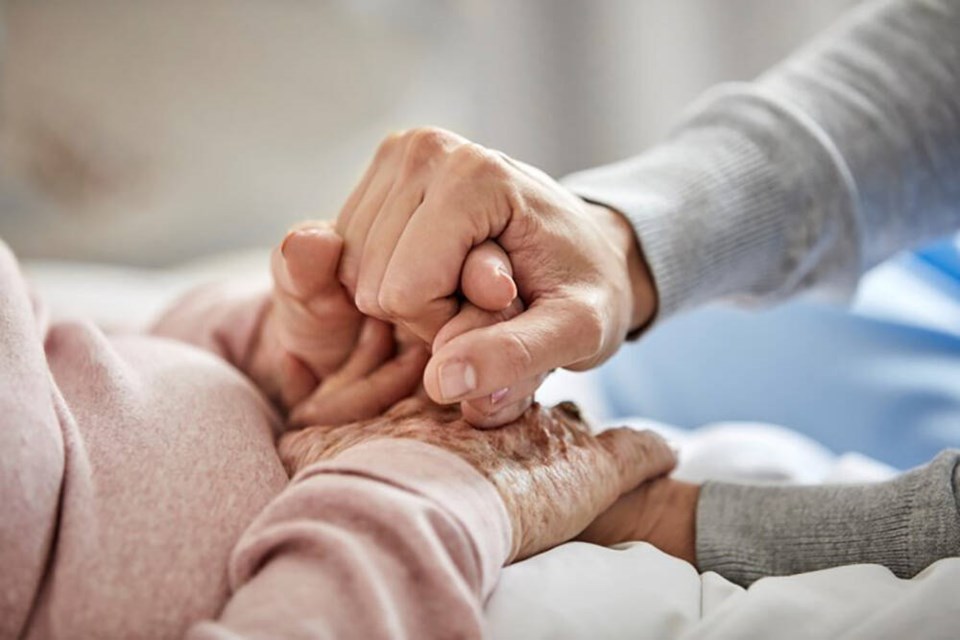Just recently I saw a caregiver in action as he took care of his brother in the last month of his life.
While this transition time was extremely intense, the caregiver had been looking out for his brother for several years as the brother fought a long-term health condition.
This situation inspired me to give a shout out to all those people who provide an unpaid caregiving service to a loved one, whether a relative or close friend.
As the April 24 McMaster University’s Optimal Aging Portal edition says “In the intricate web of healthcare, a group of unsung heroes often remain unnoticed: caregivers. In Canada, almost a quarter of people aged 15 and over are unpaid caregivers for an adult living with a long-term condition or disability”.
Caregiving is essential in our society.
According to a 2021 Canadian Association of Retired People survey, caregivers provide hundreds of unpaid hours to the tune of 25 billion annually in Canada. CARP says, “this unpaid labour is being shouldered by millions of Canadians, over one million of whom are over age 65.”
Women are the most likely to provide support, often having to leave the work force or change their lives considerably to provide care.
The role of a caregiver is varied and exhausting.
Caregivers might provide personnel care, provide supports like phone check-ins, companionship, and emotional care, provide light housekeeping, prepare meals, run errands, and transport people to appointments. Some caregivers might provide financial aid and support.
Often this exhausting and unpaid work can have serious impacts on caregivers such as stress, reduced time spent on self-care, burnout, and decreased quality of life. It can be physically, emotionally, and mentally taxing, so it is imperative that we provide care for the caregivers.
The Optimal Age Portal says, “Caring for caregivers is not just a moral imperative; it’s a strategic investment in the health and well-being of our communities. By recognizing, valuing, and supporting the invaluable work of caregivers, we create a more compassionate and resilient society for all”.
So where can caregivers get support? The North Shore Community Resources Society’s Caregiver Support Program hosts support groups and workshops, consultations and referrals to health care and community services. They offer stress management strategies, resources and more.
They can be reached at 604-982-3302, or on the North Shore Community Resources website at www.nscr.ca.
Family Services of the North Shore also offers counselling services for caregivers who are experiencing stress. Call them at 604-988-5281, ext. 226 or check out their website at www.familyservies.bc.ca.
May is recognized in British Columbia as Caregiver month. On the Healthy Aging Core website presented by the United Way of BC, they say “Recognize National Caregiver Awareness Month this May and “Help Caregivers Thrive!”
Locally, on May 11th between 12:00 and 4:00 pm, the North Shore Community Resources Society and North Shore News are presenting the 6th Annual Caregiver and Seniors Expo at the Silver Harbour Seniors’ Activity Centre.
At the expo there will be booths where you can meet providers of products and services and hear speakers on topics such as Ageism, Brain Health, the MAID program, and Self-Care.
Though caregiving can be rewarding it can also be wearing.
If you are a caregiver, I take my hat off to you and thank you for the wonderful role you play.
Margaret Coates is the co-ordinator of Lionsview Seniors’ Planning Society. She has lived on the North Shore for 52 years and has worked for and with seniors for twenty-seven of those years. Ideas for future columns are welcome. Email [email protected].



